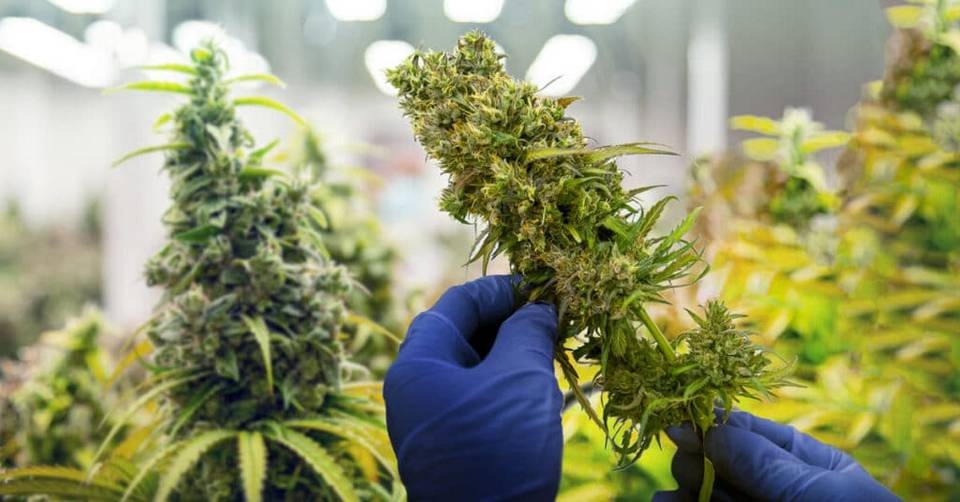
The health ministry's latest draft law on cannabis reflects the Cabinet's determination to avoid a parliamentary split between friends and foes. The draft would restrict cannabis use to medical treatment, research by official agencies and as an optional extra to food and herbal products. Stiff penalties, including stiff fines and possible jail time, thus theoretically await those naughties caught in criminal deviance. But this is not formally defined anywhere in the draft. No mention of smoking for pleasure.
Doubtless those favoring recreational cannabis will be accused of moral turpitude by endangering young people, causing traffic accidents and conspiring to injure Thailand's reputation as a great family resort. The government is attempting to look both ways at once – an apparent crackdown on drugs with loopholes. That's not an unusual legislative procedure. Prostitution is illegal in Thailand, but the most relevant law – the entertainment venue act of the 1960s – can hardly be accused of having stamped out cash for sex.

The draft's silence on cannabis for enjoyment is a subject of glowing interest to Thailand's 9,500 sales outlets (according to Weed Map). On Pattaya 's Walking Street, Khun Cherry runs an outside wooden-table stall where a simple roll of Thai weed will set you back 100 baht, or 3 US dollars. Or you can go inside a neon-lit and comfortable unit where bean bags, mood music and psychedelic opportunities are on offer. "We may face another registration in the future, but I don't think the Thai government will want to kiss goodbye the 1 billion dollar revenue at stake," predicts Cherry.
She is likely correct as Thailand's drug laws have always been about politics. The 1979 narcotics act with jail time up to 15 years, was partly motivated by American servicemen and other tourists openly smoking pot in public. After the coup of 2014, the military government needed a solution to over-full jails and the eventual decriminalizing of cannabis in 2022 led to thousands being released. There has been a handful of official warnings for weed-smoking in public, but foreigners have been largely untouched apart from occasional pub raids to test the color of the pee of those dancing the night away.
Because the decriminalization of 2022 was not backed by detailed legislation, there has been a free-for-all-market and the technical restrictions on the psychoactive ingredient THC have been ignored. The current Pheu Thai-led administration fought the last election on an anti-cannabis platform but now has to quieten its parliamentary "allies", in particular powerful interior minister Anutin Charnvirakul and his Bhumjaithai party which is the second-biggest partner in the current coalition. Anutin is not in favor of giving tourists a free ride, but wants to protect his rural constituent farmers who grow cannabis plants for profit.
The current draft law is up for discussion until the end of the month. A spokesman for the Cannabis Future Network said he absolutely didn't believe recreational use would be formally banned. Ganja shops, he thought, would need to re-register as street pharmacies (or similar) or perhaps customers would sign a slip to confirm they wanted the weed for their health. This would have the effect of reducing the number of ganja selling points, unable to deal with the bureaucracy, whilst offering a way out for the larger or popular ones, especially in tourist areas. The main enforcing agency could well be the Food and Drugs Administration which is notoriously short of staff. The Royal Thai Police has been noticeably hands-off ever since weed decriminalization in 2022. As the Roman poet Juvenal asked 2,000 years ago: "Who is watching the watchers?"



Inga kommentarer:
Skicka en kommentar